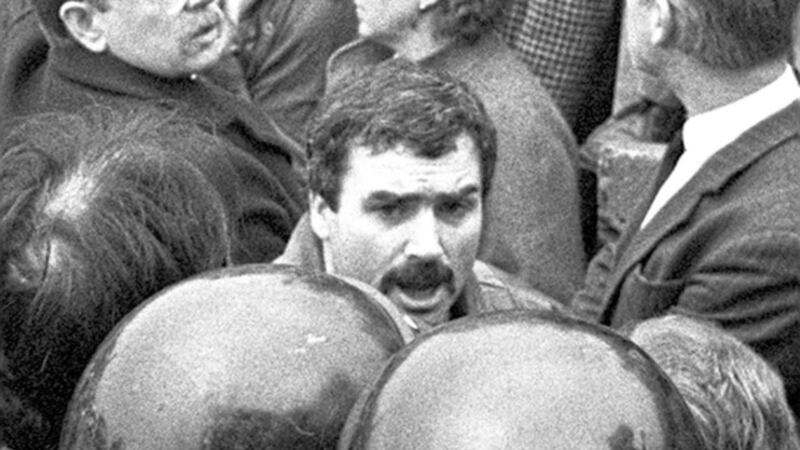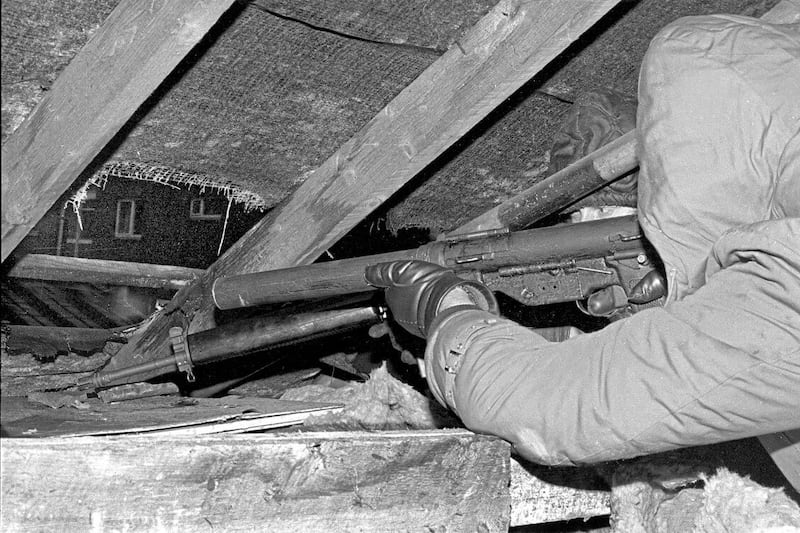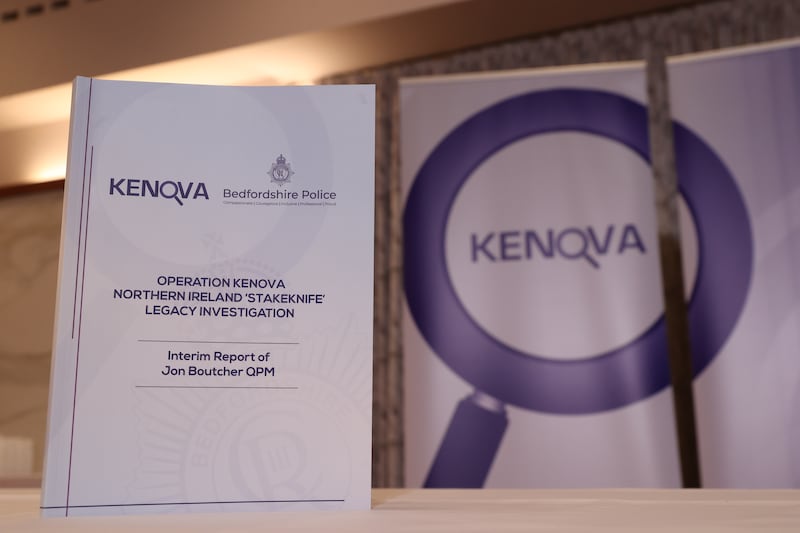Details of the last days and death of Freddie Scappaticci are sparse but it is understood he died of natural causes, that he is buried in England and there will be no inquest.
Jon Boutcher, head of Operation Kenova investigating Scappaticci and his links to state security agencies, suggested in a statement he died naturally as he referred to the likelihood of people passing away of old age.
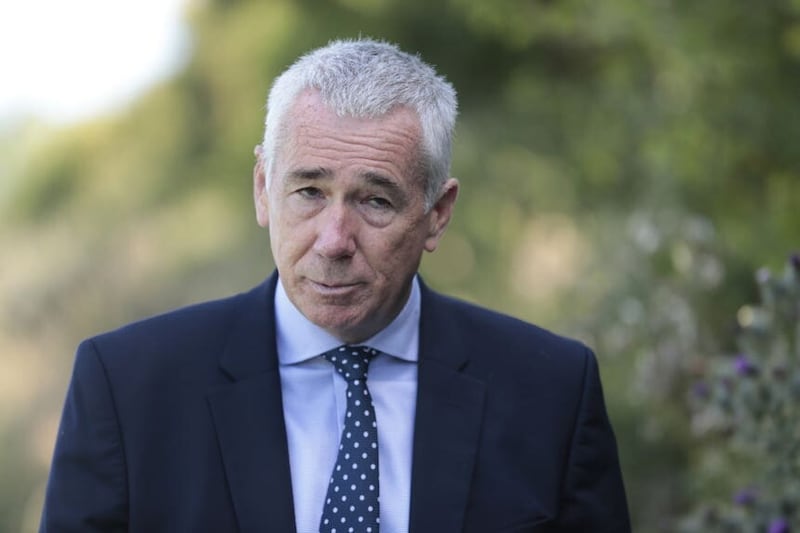
“The very nature of historical investigations will mean a higher likelihood that old age may catch up with those affected, be they perpetrators, witnesses, victims, family members, or those who simply lived through those times, before matters are concluded,” Mr Boutcher said.
Operation Kenova did not respond immediately to a request for further information on how the Belfast native died, or when. He is believed to have been relocated to the Manchester area after fleeing the north in 2003.
Ian Hurst believes prolonging the investigation into Scappaticci’s long combined career as a British agent, torturer and executioner, is precisely what certain state elements want, though there is no suggestion this is the position of anyone in the Operation Kenova team.
Mr Hurst is the former agent who blew the lid on the affair two decades and may be better known under his pseudonym Martin Ingram.
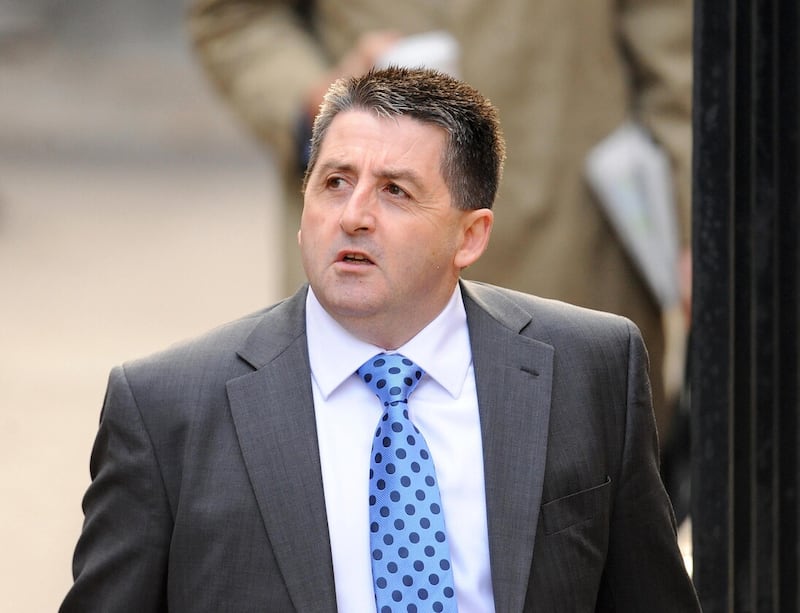
A “circuitous” route is wanted to even approach the truth behind one of the dirtiest tales from a very dirty war, he said, adding the terms of reference estimated a three-year timeline on the now eight-year investigation.
But Mr Hurst does not have much faith any report by the Kenova team will reveal the whole truth when it is finally published.
He said his immediate response when hearing of the death of Scappaticci was thinking of his family grieving.
“My issues were not with (Scappaticci).. it was to highlight the failure of checks and balances within the system which allowed the long term direction and control of an agent in a sensitive role,” the ex-Force Research Unit (FRU) operative said.
“It was a very sensitive role that needed handling in a far more conservative way than was allowed.
“When you look at an agent like him, you could not operate without the direction from handlers and you have to do it within the rule of law.
“An agent does not act independently, agents often feel they are working alone but as in this case there is always others who provide collateral reporting to the state agencies.
“Those agencies knew exactly what was going on and I believed it was in the public interest to place certain information into the public arena that was in my opinion in the public interest.”
Mr Hurst also believes the many civil cases linked to Scappaticci's and the state will also be stymied by both the refusal to reveal information for national security reasons and, potentially, by the looming legacy legislation.
Relatives of victims on Wednesday were reluctant to speak publicly after it emerged the PIRA's long time key executioner was dead.

Caroline Moreland, a single mother-of-three from west Belfast, was abducted from her home and taken to the Fermanagh border. It was weeks before the 1994 ceasefire. She was held for two weeks by a team believed led by Scappaticci, then head of the "nutting squad" and a British agent for more than a decade.
Her daughter, Shauna Moreland, who is taking a civil case, has previously said she blames both the IRA and the intelligence services for her killing and wants to be told the full circumstances about Scappaticci's involvement,
She also wants to know why, if the victim really was an informer, no attempt seems to have been made by the authorities to save her.
